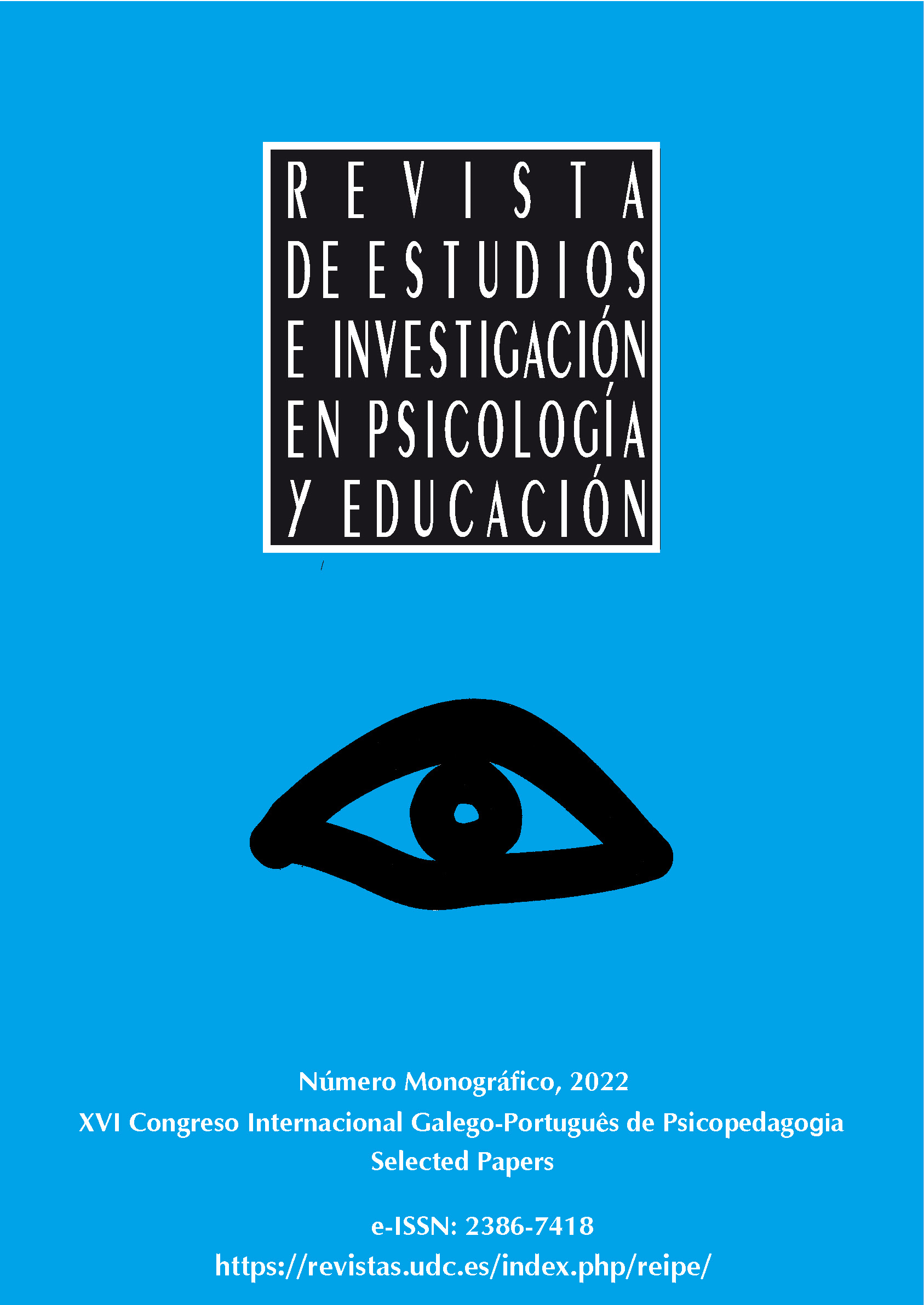Personal didactic model: a study with secondary school teachers from a school in Luanda
Main Article Content
Abstract
Educational research has confirmed the undeniable importance of didactics for the good performance of the teacher. It is the didactics that allows greater efficiency and awareness, contributing to the full realization through an action adjusted to the form and capacity of learning, accompanied by understanding, security and encouragement, for everyone. This cross-sectional, descriptive survey study aimed to characterize the personal didactic model of 26 teachers who work in a school in Luanda, Angola. A questionnaire was applied, based on INPECIP, by Porlán et al. Descriptive and inferential statistical procedures were applied. The results indicate that teachers are very close to the theoretical framework presented. Didactics is seen as a scientific discipline, with conceptually understood in a different way. Several teaching models adopted by teachers are presented, with the constructivist model being the most common. The role of students in the planning of classes and their intervention in the evaluation brings together dispersion of positions, although a class must be active and allow the participation of students. Just over half of the teachers surveyed disregard that each teacher builds his own methodology for teaching science.
Keywords:
Downloads
Article Details
References
Arnold, K. H. (2012) Didactics, didactic models and learning. In N. M. Seel (Eds.), Encyclopedia of the Sciences of Learning. Springer. https://doi.org/10.1007/978-1-4419-1428-6_1833
Bruning, R., Schraw, G. J., & Ronning, R. R. (2002). Psicología cognitiva e instrucción. Alianza Editorial
Ferreira, M. (2016). Alguns fatores que influenciam a aprendizagem do estudante de enfermagem. Educação, Ciência e Tecnologia, 150-173. https://revistas.rcaap.pt/millenium/article/view/8424
García, C. M. (2004). La teoría de la tierra (1785, 1788) de James Hutton: Visión cíclica de un mundo cambiante. Enseñanza de las Ciencias, 12, 126-132. https://raco.cat/index.php/ECT/article/view/88982
Gómez, A. I. (2010). Aprender a educar. Nuevos desafíos para la formación de docentes. Revista Interuniversitaria de Formación del Profesorado, 68, 37-60. https://dialnet.unirioja.es/servlet/articulo?codigo=3276044
Hill, M. M., & Hill, A. (2005). Investigação por questionário (2.ª ed.) Edições Sílabo
Medina, A. (2002). La didáctica: disciplina pedagógica aplicada, In A. Medina, & F. Salvador (Coords.), Didáctica general (pp. 5-31). Prentice Hall
Neminska, R. (2018). Didactic modelling in teaching students pedagogues. International Journal of Scientific Research and Management, 6(6), EL-2018-383. https://ijsrm.in/index.php/ijsrm/article/view/1539
Nérici, I. (1960). Introdução à didática geral: Dinâmica na escola. Editora Fundo de Cultura
Patrício, M. F. (2003). A didática ontem hoje, hoje – para amanhã. In A. Neto, J. Nico, J. C. Chouriço, P. Costa, & P. Mendes (Orgs.), Didáticas e metodologias de educação, percursos e desafios (pp. 21-29). Universidade de Évora
Porlán, R. (1989). El maestro como investigador en al aula. Investigar para conocer, conocer para enseñar. Investigación en la Escuela, 1, 63-69. https://idus.us.es/handle/11441/59047
Porlán, R., Rivero, A., & Martín, R. (1997). Conocimiento profesional y epistemología de los profesores I: teoría, métodos e instrumentos. Enseñanza de las Ciencias, 15(2), 155-171. https://raco.cat/index.php/Ensenanza/article/view/21488
Roldão, M. C. (2007). Função docente: natureza e construção do conhecimento profissional. Revista Brasileira de Educação 12(34), 94-103. https://doi.org/10.1590/S1413-24782007000100008
Stiggins, R. J. (2002). Assessment crisis: the absence of assessment for learning. Phi Delta Kappan, 83(10), 758-765. https://doi.org/10.1177/003172170208301010
Trindade, V. M. (2003). Algumas reflexões sobre a formação inicial de professores de ciências. Publicações Universidade de Évora
Victor, E. C. (2020). Contributos para a formação inicial e contínua de professores em Luanda (Angola): Uma investigação-ação sobre conceções epistemológicas. [Doctoral thesis, Universidade de Évora]. Repositório Institucional da Universidade de Évora. https://dspace.uevora.pt/rdpc/handle/10174/27056



